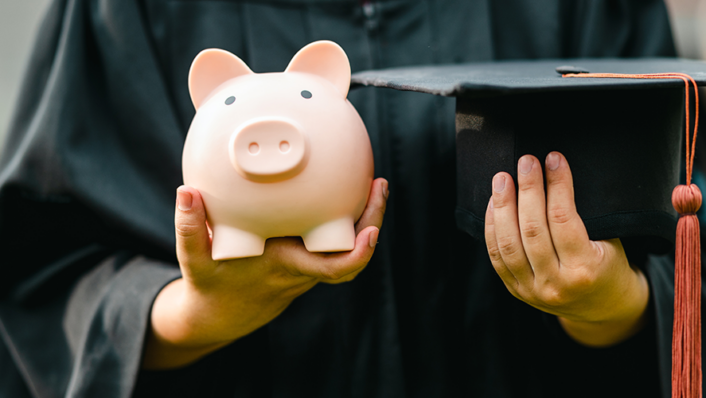Unmute Your Money: The Benefits of Loud Budgeting
Discover loud budgeting: a transparent financial strategy fostering accountability, reducing stress, and finding support for your financial goals.
Book$mart: Top Financial Education Reads for Kids and Teens
Empower kids with essential money skills through engaging reads for financial literacy and smart money management.
Improve Your Finances and Keep Supporting Your Loved Ones
Emigrate for a better future, with separation and financial challenges. Remittances sustain, they put pressure on finances.
Mejore Sus Finanzas y Siga Apoyando a Sus Seres Queridos
Emigrar por un futuro mejor, con separación y desafíos financieros. Remesas sostienen, presionan las finanzas.
Women & Wealth: Budget-Conscious Ways to Grow Your Earnings
Empower women to bridge the wage gap with budget-friendly strategies. Boost earnings, tackle debt, and invest smart with GreenPath’s guidance.
Financing Your Future: Navigating the 2024-25 FAFSA Changes
Navigate 2024-25 FAFSA changes: account creation, contributors, aid calculation, Pell Grant eligibility, submission process.
Financially Ever After: Tips for Joint Money Management
Elevate your joint finances with expert tips. Harmonize money styles, merge accounts, and celebrate milestones.
Financial Planning Tips for Parents
Parenting finances made simple. Tips for emergencies, education, and teens. Secure your family’s future with expert advice.
Consejos Financieros Para Padres
Las finanzas de los padres simplificadas. Consejos para emergencias, educación y adolescentes. Asegure el futuro de su familia con el asesoramiento de expertos.
Showing results 1-9 out of 92








